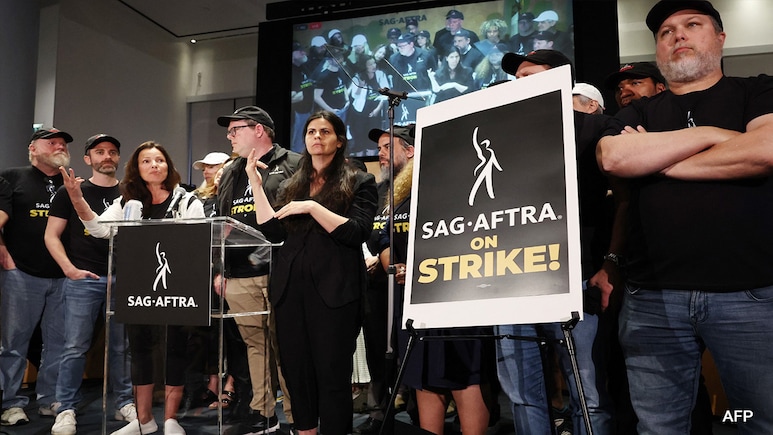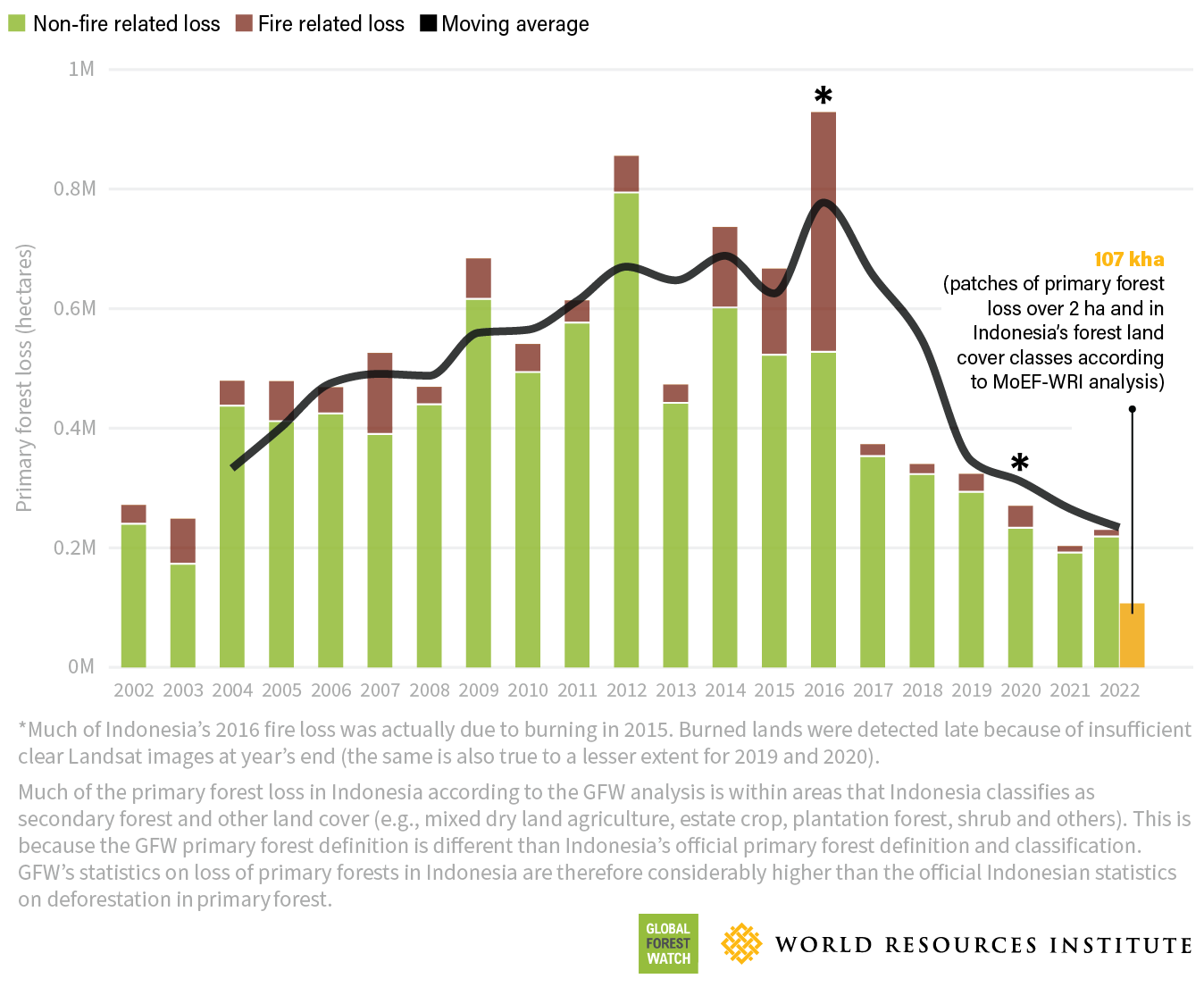Hollywood Shut Down: Actors And Writers On Strike – What It Means For Film And TV

Table of Contents
The Roots of the Hollywood Strike
The current Hollywood strike is a culmination of long-standing grievances within the entertainment industry, exacerbated by the rapid rise of streaming services and the increasing use of artificial intelligence. Understanding the demands of both the WGA and SAG-AFTRA is crucial to grasping the scale of this labor action.
Writer's Guild of America (WGA) Strike Demands
The WGA strike stems from a number of key issues, all impacting writers' livelihoods and working conditions:
- Fair Wages in the Streaming Era: Traditional residuals, once a significant source of income for writers, have drastically diminished with the rise of streaming platforms. The WGA demands a fairer system that reflects the value of their work in the streaming landscape.
- Concerns about Residuals and Revenue Sharing: Streaming services operate on different revenue models than traditional television, leading to significantly reduced payments for writers compared to previous models. The WGA seeks a more equitable system of revenue sharing.
- Protecting Writers from AI-Driven Content Creation: The increasing use of AI in scriptwriting and content generation poses a significant threat to writers' jobs. The WGA is demanding safeguards to prevent AI from replacing human writers.
- Improved Working Conditions: Writers often face grueling hours and inadequate working conditions. The strike aims to improve these aspects of the profession.
Specific WGA demands include:
- Increased minimum staffing on television shows.
- Guaranteed minimum payments for writers on streaming shows.
- Transparency in streaming revenue data.
- Regulations on the use of AI in writing.
SAG-AFTRA (Screen Actors Guild - American Federation of Television and Radio Artists) Strike Demands
SAG-AFTRA's participation in the Hollywood strike amplifies the concerns raised by the WGA and adds crucial issues specific to actors:
- Fair Wages and Residuals, Especially Regarding Streaming: Similar to writers, actors' compensation has been significantly impacted by the shift to streaming, with many receiving little to no residuals for their work on popular streaming shows.
- Protection Against the Use of AI in Replacing Actors: The use of AI to recreate actors' likenesses and performances without their consent or compensation is a central concern for SAG-AFTRA.
- Better Benefits and Healthcare Provisions: The union seeks improvements in healthcare coverage and retirement benefits for its members.
- Improved Working Conditions on Set: Actors often face long hours, demanding schedules, and inadequate working conditions. SAG-AFTRA aims to improve these aspects.
Key SAG-AFTRA demands include:
- Fair compensation for streaming residuals.
- Restrictions on the use of AI in replacing actors.
- Improved health and pension plans.
- Safer working conditions on set.
Impact on Film and Television Production
The Hollywood strike has had an immediate and widespread impact on the entertainment industry, causing significant disruption to production and a ripple effect across related fields.
Production Delays and Cancellations
The strike has brought numerous film and television projects to a complete standstill. Major studios are facing substantial financial losses due to production delays and cancellations, with potential knock-on effects for future projects and release schedules.
- Delayed or Cancelled Projects: Many high-profile films and TV shows have already experienced significant delays, and some projects have been entirely canceled.
- Financial Implications: The financial burden on studios is substantial, with lost revenue from delayed releases and potential damage to brand reputation.
Types of Productions Affected:
- Feature films
- Television series (both scripted and unscripted)
- Commercials
- Streaming content
The Ripple Effect on Related Industries
The impact of the Hollywood strike extends far beyond the actors and writers themselves. Numerous related industries are experiencing significant disruptions:
- Post-Production: Post-production houses are seeing reduced workloads and potential layoffs.
- VFX: Visual effects studios are facing project delays and potential financial losses.
- Local Economies: Cities and regions that rely heavily on film and television production are experiencing economic downturns due to the strike.
- Potential Job Losses: The ripple effect is causing job losses in related sectors, including catering, transportation, and equipment rental.
Potential Long-Term Consequences of the Hollywood Strike
The Hollywood strike's long-term consequences could reshape the entertainment landscape and the dynamics between creatives and studios.
Changes to the Entertainment Landscape
The strike has the potential to bring about significant changes in how content is created and distributed:
- Shift in Power Dynamics: The strike may lead to a more equitable distribution of power between studios and creative professionals.
- Changes in Streaming Models: Streaming services may be forced to renegotiate their business models to better compensate creators.
- Increased focus on Independent Productions: The strike might incentivize the growth of independent film and television production.
Potential Long-Term Industry Shifts:
- Increased unionization efforts across the industry.
- Greater transparency in streaming revenue.
- Changes in production practices to minimize the use of AI.
The Future of Actors and Writers' Rights
The outcome of the Hollywood strike will significantly impact the future of actors' and writers' rights:
- Improved Working Conditions: The strike aims to improve working conditions and ensure fair treatment for all creative professionals.
- Fair Compensation: A successful outcome could lead to fairer compensation models that better reflect the value of creative work.
- Legislative Changes: The strike might spur legislative changes to support and protect the rights of actors and writers.
Potential Positive Outcomes for Creatives' Rights:
- Stronger union representation.
- Improved residuals and streaming compensation.
- Legislation against AI exploitation of creative work.
Conclusion
The Hollywood strike, involving both the WGA and SAG-AFTRA, represents a pivotal moment in the entertainment industry. The dispute underscores critical issues concerning fair wages, the ethical use of AI, and the balance of power between creative professionals and studios. The outcome will significantly shape the future of film and television production and the rights of actors and writers. Staying informed about the evolving situation is crucial. Understanding the complexities of the Hollywood strike allows us to support the ongoing efforts to achieve fair treatment and improved working conditions for all involved. Learn more about the issues at the heart of this Hollywood strike and advocate for the fair treatment of actors and writers.

Featured Posts
-
 Ex Manchester United Star Reveals Personal Life Impact On Football Career
May 23, 2025
Ex Manchester United Star Reveals Personal Life Impact On Football Career
May 23, 2025 -
 Unprecedented Global Forest Loss The Devastating Impact Of Wildfires
May 23, 2025
Unprecedented Global Forest Loss The Devastating Impact Of Wildfires
May 23, 2025 -
 Best April 14 2025 Horoscopes 5 Zodiac Signs To Watch
May 23, 2025
Best April 14 2025 Horoscopes 5 Zodiac Signs To Watch
May 23, 2025 -
 Memorial Day Gas Prices A Decade Low
May 23, 2025
Memorial Day Gas Prices A Decade Low
May 23, 2025 -
 Michigan Memorial Day 2025 Open And Closed Businesses
May 23, 2025
Michigan Memorial Day 2025 Open And Closed Businesses
May 23, 2025
Latest Posts
-
 Amundi Msci World Catholic Principles Ucits Etf Acc How To Interpret Net Asset Value Nav Data
May 24, 2025
Amundi Msci World Catholic Principles Ucits Etf Acc How To Interpret Net Asset Value Nav Data
May 24, 2025 -
 Amundi Msci All Country World Ucits Etf Usd Acc Nav Analysis And Tracking
May 24, 2025
Amundi Msci All Country World Ucits Etf Usd Acc Nav Analysis And Tracking
May 24, 2025 -
 Investing In Amundi Msci World Catholic Principles Ucits Etf Acc Nav Explained
May 24, 2025
Investing In Amundi Msci World Catholic Principles Ucits Etf Acc Nav Explained
May 24, 2025 -
 Amundi Msci All Country World Ucits Etf Usd Acc Understanding Net Asset Value Nav
May 24, 2025
Amundi Msci All Country World Ucits Etf Usd Acc Understanding Net Asset Value Nav
May 24, 2025 -
 Amundi Msci World Catholic Principles Ucits Etf Acc A Guide To Net Asset Value Nav
May 24, 2025
Amundi Msci World Catholic Principles Ucits Etf Acc A Guide To Net Asset Value Nav
May 24, 2025
